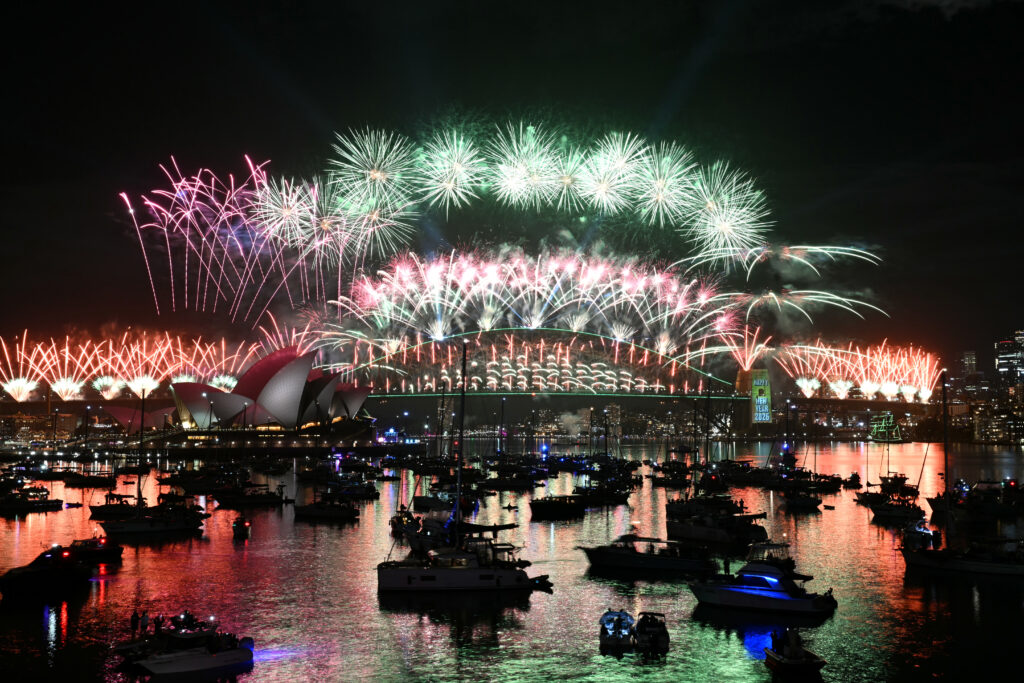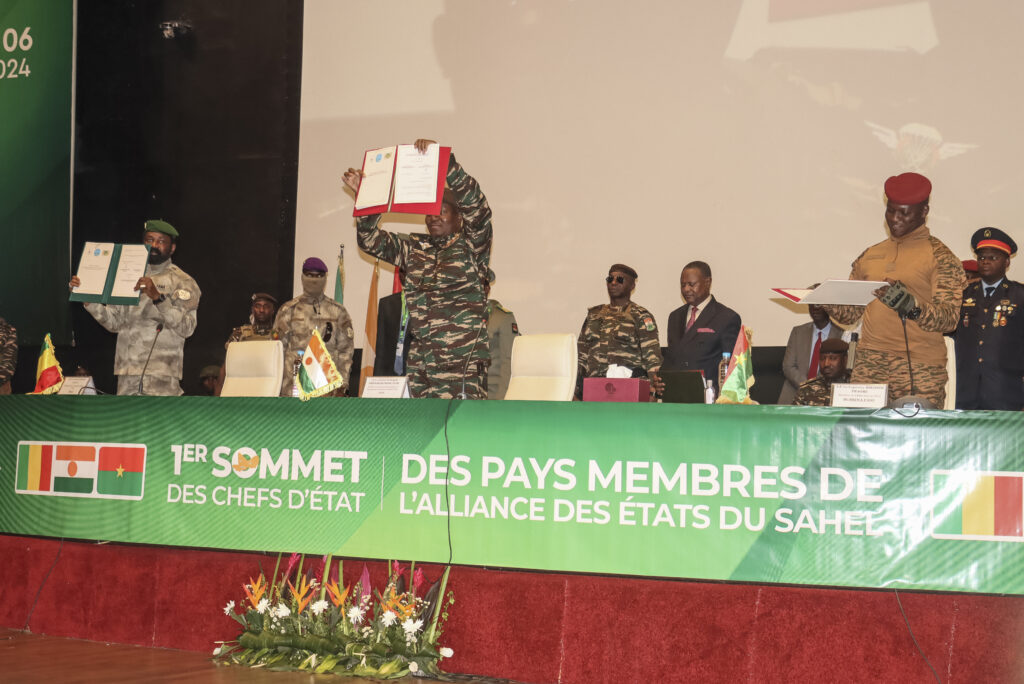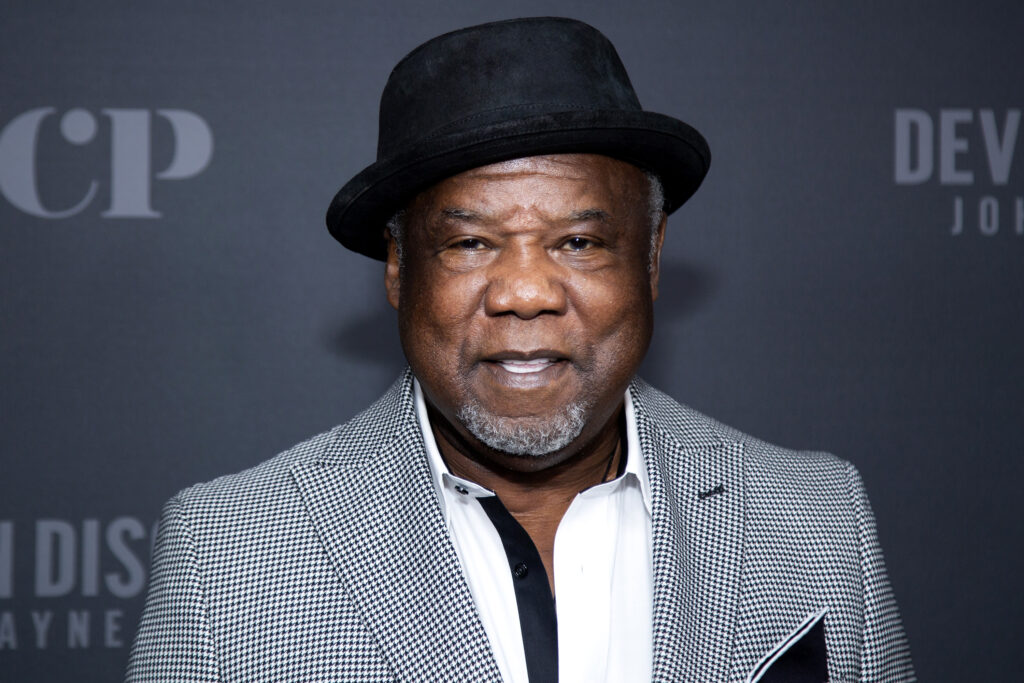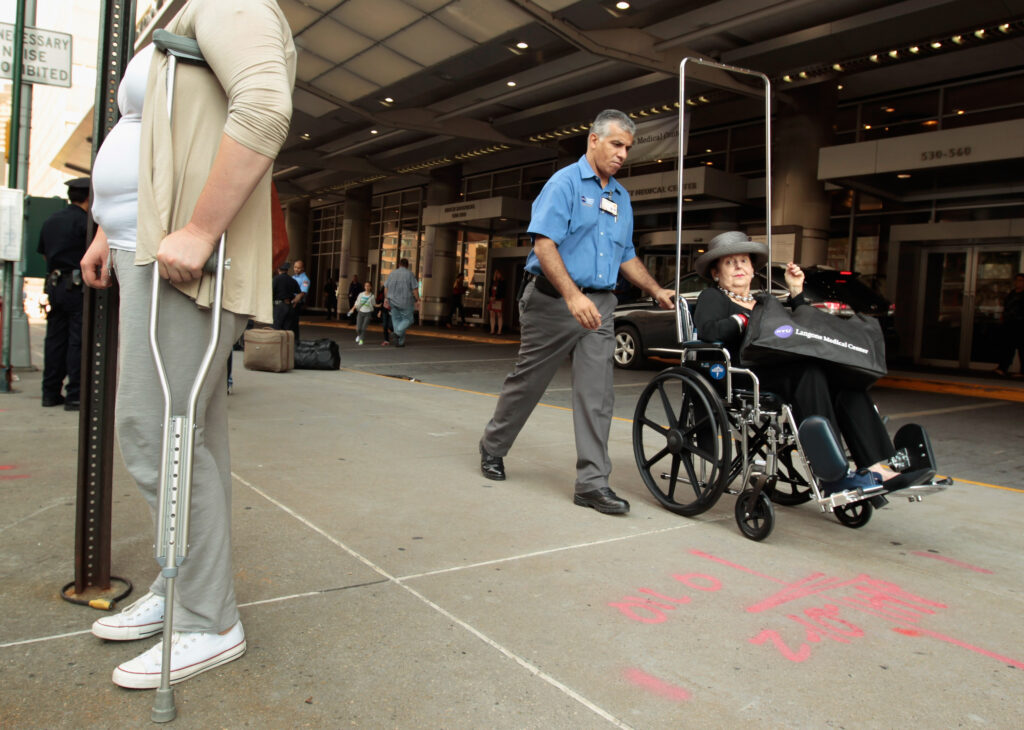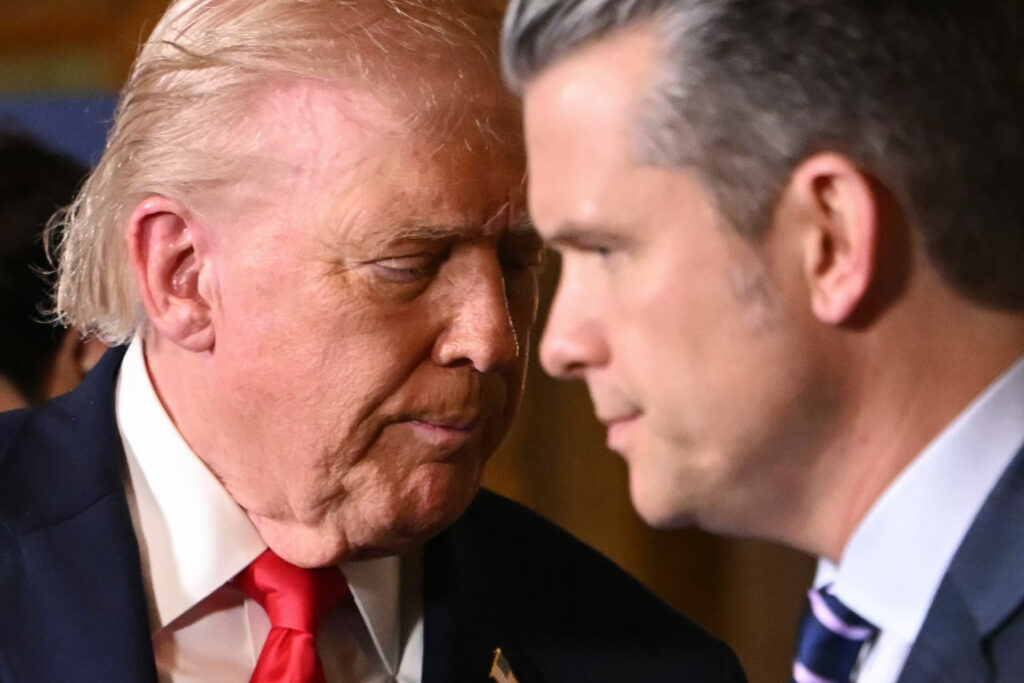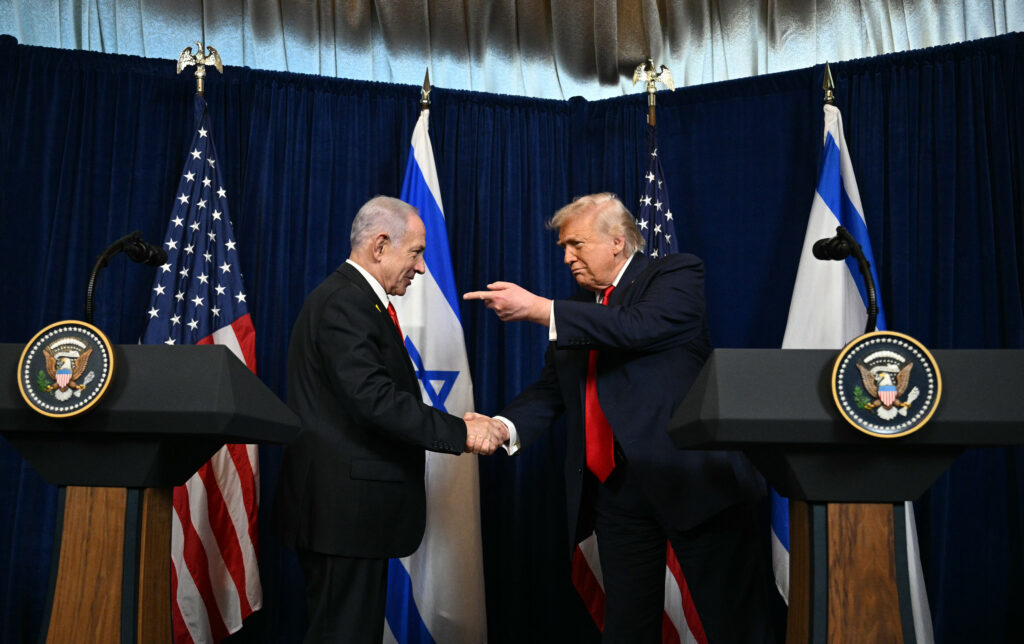World begins to welcome 2026 after a year of Trump, truces and turmoil
New Year’s Eve revellers toasted the end of 2025 on Wednesday, waving goodbye to 12 months packed with Trump tariffs, a Gaza truce and vain hopes for peace in Ukraine.It was one of the warmest years on record, the stifling heat stoking wildfires in Europe, droughts in Africa and deadly rains across Southeast Asia.There was a sombre tinge to celebrations in Australia’s harbour city Sydney, the self-proclaimed “New Year’s capital of the world”.Barely two weeks have passed since a father and son allegedly opened fire on a Jewish festival at Bondi Beach, killing 15 people in the nation’s deadliest mass shooting for almost 30 years.Parties paused for a minute of silence at 11:00 pm (1200 GMT) as the famed Sydney Harbour Bridge was bathed in white light to symbolise peace.”Right now, the joy that we usually feel at the start of a new year is tempered by the sadness of the old,” Australia’s Prime Minister Anthony Albanese said in a video message.Hundreds of thousands of spectators lined Sydney’s foreshore, with nine tonnes of fireworks set off from the stroke of midnight.Residents and tourists gathered by the city’s harbour and boats dotted the water to secure the best viewing spots near the Sydney Opera House. “The fireworks have always been on my bucket list and I’m so happy to be here,” said Susana Suisuikli, an English tourist. Security was tighter than usual, with squads of heavily armed police patrolling the crowds.Pacific nations including Kiribati and New Zealand were the first to see in the new year, kicking off a chain of celebrations stretching from glitzy New York to the Hogmanay festival on the chilly streets of Scotland.More than two million people are expected to pack Brazil’s lively Copacabana Beach for what authorities have called the world’s biggest New Year’s Eve party.In Hong Kong, a major New Year fireworks display planned for Victoria Harbour was cancelled to pay homage to 161 people killed in a housing estate fire in November.- Truce and tariffs -Labubu dolls became a worldwide craze in 2025, thieves plundered the Louvre in a daring heist, and K-pop heartthrobs BTS made their long-awaited return.The world lost pioneering zoologist Jane Goodall, the Vatican chose a new pope and the assassination of right-wing activist Charlie Kirk laid bare America’s deep political divisions.Donald Trump returned to the White House in January, launching a tariff blitz that sent global markets into meltdown.Trump used his Truth Social platform to lash out at his sliding approval ratings ahead of 2026 midterm elections.”Isn’t it nice to have a STRONG BORDER, No Inflation, a powerful Military, and great Economy??? Happy New Year!” he wrote.But many expect tough times to continue in 2026.”The economic situation is also very dire, and I’m afraid I’ll be left without income,” said Ines Rodriguez, 50, a merchant in Mexico City.After two years of war that left much of the Gaza Strip in ruins, US pressure helped land a fragile ceasefire between Israel and Hamas in October.No one is sure how long the break in hostilities will hold, with each side already accusing the other of flagrant violations.Hamas militants stormed into southern Israel on October 7, 2023, resulting in the deaths of more than 1,200 people, most of them civilians.Israel’s retaliatory assault on Gaza has killed more than 70,000, also mostly civilians, according to the health ministry in the Hamas-run territory, a figure the UN deems credible.”We bid farewell to 2025 with deep sorrow and grief,” said Gaza City resident Shireen Al-Kayali. “We lost a lot of people and our possessions. We lived a difficult and harsh life, displaced from one city to another, under bombardment and in terror.”World leaders including China’s Xi Jinping and Russia’s Vladimir Putin began exchanging New Year greetings.Xi said he was “ready to maintain close exchanges with Putin to jointly push for continuous new progress in bilateral ties”, state news agency Xinhua said on Wednesday.The war in Ukraine — sparked by Russia’s full-scale invasion in 2022 — grinds towards its four-year anniversary in February with no temporary ceasefire reached in the final days of 2025 despite a renewed burst of diplomacy.- Sports, space and AI -The coming 12 months promise to be full of sports, space and questions over artificial intelligence.NASA’s Artemis II mission, backed by Elon Musk, will launch a crewed spacecraft to circle the moon during a 10-day test flight, more than 50 years since the last Apollo lunar mission.After years of unbridled enthusiasm, AI is facing scrutiny and nervous investors are questioning whether the boom might now resemble a market bubble.Athletes will gather on Italy’s famed Dolomites to hit the slopes for the Winter Olympics.And for a few weeks in June and July, nations will come together for the biggest football World Cup in history in venues across the United States, Mexico and Canada.
